So some guy wrote:
MATTHEW 5:17-20
17“Do not think that I have come to abolish the law or the prophets; I have come not to abolish but to fulfill. 18For truly I tell you, until heaven and earth pass away, not one letter, not one stroke of a letter, will pass from the law until all is accomplished. 19Therefore, whoever breaks one of the least of these commandments, and teaches others to do the same, will be called least in the kingdom of heaven; but whoever does them and teaches them will be called great in the kingdom of heaven. 20For I tell you, unless your righteousness exceeds that of the scribes and Pharisees, you will never enter the kingdom of heaven.”
This leads me to a few simple conclusions. none of which will make me popular.
Antisemitism is not only hateful and sinful, it is foolish. Because and although the Jews did persecute Jewus and the early church, the Jews are the people of God and through the Law and their witness Christ came who bought salvation to all nations, as promised to Abraham. So we need to pray that the Jews will see Christ as who he is, and we should support them.
The Mosaic law is good. The morality it teaches is true. And we should teach it: we should practice it. We are called to live for the glory of God, and that means that there will be restrictions on our behaviour.
I’m not sure if he was serious about the “popular” part, but at any rate I’m going to question his interpretation.
Claim:
The Mosaic law is good. The morality it teaches is true.
He says the “Mosaic” law is good and the morality it teaches must be respected. Well, funny, the Gospels are very vague about how closely Jesus followed the Jewish law. Did Jesus care about eating pork? Did Jesus care about weaving garments with two different kinds of thread.
We can be pretty sure that Jesus approved of slavery; even if Jesus didn’t the Mosaic law definitely does. His stance on violence is inconsistent. Sometimes he tells Peter not to slice the ears off of slaves, sometimes he tells his followers to take swords with them, and sometimes he beats up money-changers.
In short, Jesus didn’t spell out his morality in the Gospels. Even if he had, people would have changed it by now, just as Buddha’s followers have elaborated and distorted Buddha’s admonitions.
These pictures will be easier to read if you click to open them in tabs and then zoom in if necessary.
First I looked back before his quoted point to see if there was a simple definition of “righteousness.” There isn’t. Christians – or at least the audience Jesus was addressing in these passages – are supposed to exceed the Jews in “righteousness” – but we don’t know what “righteousness” might be — Abstinence from pork? Abstinence from violence? Whatever God wants at any given moment?
“Not to abolish but to fulfill” – well, that happened at the crucifixion, right? The crucifixion is generally held to be the point where the Jewish law stopped operating, and the Veil of the Temple was ripped top to bottom, right? That was the point where eating pork suddenly became acceptable to God, right? Because by the time the Gospels have ended, the Christians say it’s okay to eat pork!
Not one jot or tittle of the law is supposed to pass away until everything is fulfilled. But all the dietary restrictions of the law did pass away before the end of the 1st century. Therefore everything Jesus wanted done had been accomplished by that point, right? Once any jot or tittle of the Old Testament laws ceases to hold, the entire Old Testament ceases to operate, right? I hope so – I’m wearing clothing made from cotton and polyester.
As for the Kingdom of Heaven, Jesus doesn’t call it an afterlife; he seems to be talking about something that can be entered without dying.
And whether you keep or break the law, apparently you can enter the Kingdom of Heaven, without dying. How you handle the details of the law might have some bearing on whether you are called “minor” or “great” within that kingdom, but Christians are supposed to be humble and not seek out praise and glory, right?
In any event, it looks like Jesus is trying to deliver a specific message to a specific audience, and extrapolating from it runs the risk of reading a completely erroneous meaning.
Whatever “righteousness” might be, the Christians are supposed to have much more of it than the grammarians and Pharisees, and if they do, then they can enter the Kingdom of Heaven.
It seems impossible to figure out what “righteousness” is, but it’s much easier to figure out “faith.”
For example, when Jesus was walking on water (Matthew 14:22-33), he commanded Peter to join him. Peter had some beginner’s luck, then faltered. Jesus told Peter that Peter did not have enough faith.
In another passage, Jesus said that if anyone had faith even as small as a mustard seed, then that person would work lots of miracles.
Thus the simple test for whether Christians have faith is whether they work lots of miracles. Any Christian who defies the laws of physics on a regular basis probably has faith at least as big as a mustard seed. Any Christian who doesn’t at least walk a few steps on the water before getting discouraged by the wind and the waves is clearly even worse off than Peter.
Wikipedia lists more than one hundred miracle-workers in the Christian tradition, at least one of whom was active as late as 1968. So Christians can’t shuck this responsibility by claiming that the Age of Miracles has passed.

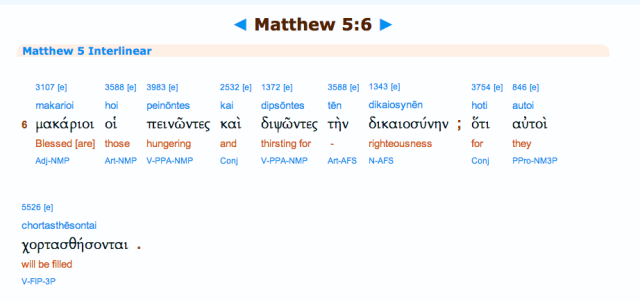
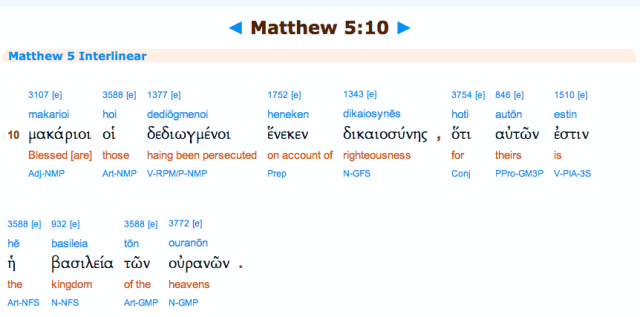
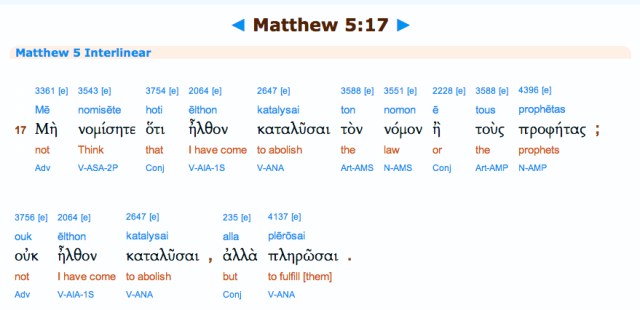
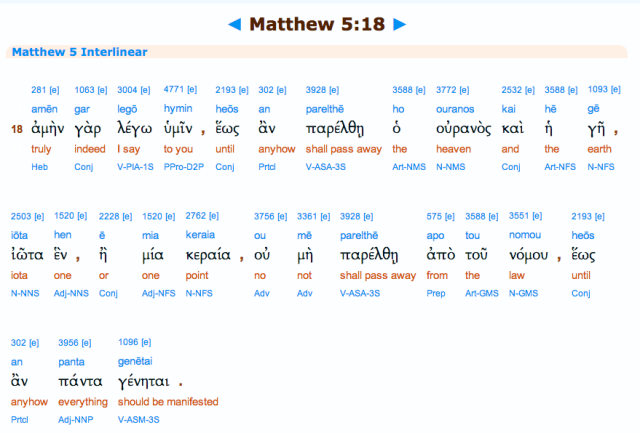

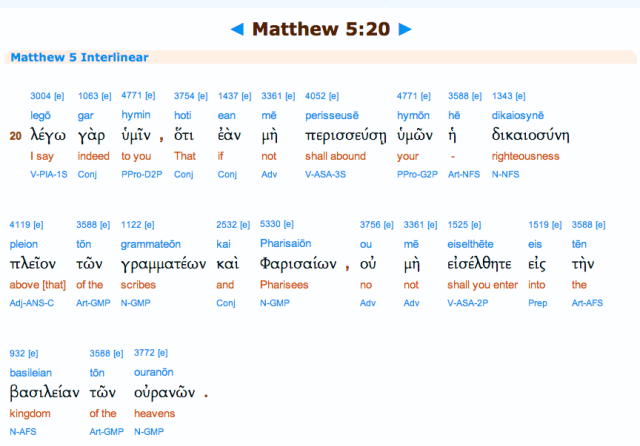


Very interesting post. I disagreed with practically everything, but a very interesting post nonetheless.
The first part with which I disagree would be that Jesus approved of slavery: “It is for freedom that Christ has set us free. Stand firm, then, and do not let yourselves be burdened again by a yoke of slavery” (Gal. 5:1). Even in the Old Testament, where slavery and laws governing slaves exist, an argument that God does not approve of slavery can be made from the fact that He freed his chosen people. If slavery were an acceptable condition of life, there would have been no reason to free them. Also, if God saw slavery as good, he would not have punished them by making them slaves of the Babylonians and Assyrians around the time of the prophets. That God does not even particularly approve of monarchy–the subjects of a monarch are the king’s slaves after all–is shown by how angry God becomes when the Israelites ask for a king in the Book of Samuel.
As for why God allows certain things He does not approve of, remember this passage from the Gospels:
They said to him, “Why then did Moses command one to give a certificate of divorce and to send her away?”
He said to them, “Because of your hardness of heart Moses allowed you to divorce your wives, but from the beginning it was not so….” (Matt. 19:7-8)
So, God does allow certain customs to remain because of people’s hardness of heart or lack of understanding. But once He enlightens them through the Holy Spirit, His followers more perfectly follow His will. After all, Christians were known to free slaves by purchasing them from their owners even as early as the time of the Roman Empire, and the general trend in Europe has been to abolish the institution with America finally catching up in 1865. The Church itself was always one of slavery’s fiercest opponents.
When Christ speaks of our righteousness surpassing that of the Pharisees, He means that our righteous deeds must be done with charity. They must not merely fulfill the letter of the law but also the spirit of the law. And Jesus certainly has a morality with its roots in the Mosaic law. After all, when the rich young man asks what he might do to inherit eternal life, Jesus tells him to follow the Commandments (Luke 18:20). Jesus elucidates His morality throughout all of the Gospels. The morality of God does not change, though the progress of revelation often reveals this morality in more perfection as people have the strength and understanding to bear it.
As for whether one needs to die to enter the Kingdom of God, no, but this kingdom does not cease with death. The Kingdom of God is among us because God is in our hearts, and He wishes to reward us with life everlasting after our time on earth. Thus, all the saints looked forward to dying and being with Christ.
The glory Christians are supposed to seek is glory from God, not men. God glorifies those who follow His will, which consists in acting with charity and righteousness. Concerning the verse about being least in the Kingdom of Heaven, most Fathers of the Church say that this means not even to enter the Kingdom of Heaven, where each man and woman rules with Christ.
I cannot but believe you are speaking facetiously when you claim that Christians need to have a few miracles under their belt to prove their faith. After all, what greater faith is there than to believe that God cares for one and that all things in a believer’s life, whether good or evil, will tend to his salvation? In a parable, God even chastises a certain group of people who work miracles but do evil:
“Not everyone who says to me, ‘Lord, Lord,’ will enter the kingdom of heaven, but the one who does the will of my Father who is in heaven.
On that day many will say to me, ‘Lord, Lord, did we not prophesy in your name, and cast out demons in your name, and do many mighty works in your name?’
And then will I declare to them, ‘I never knew you; depart from me, you workers of lawlessness.’ (Matt. 7:21-23)
After all, St. James does tell us that faith without works is dead, good works being the main indication of the Spirit of God acting within us. Thank you for reading this long comment! I felt that I could not write any more briefly.
LikeLike
You make good points.
I’ll post about the details soon.
LikeLike